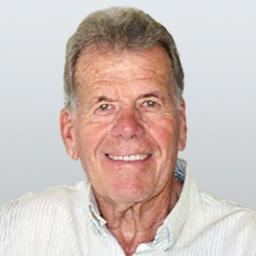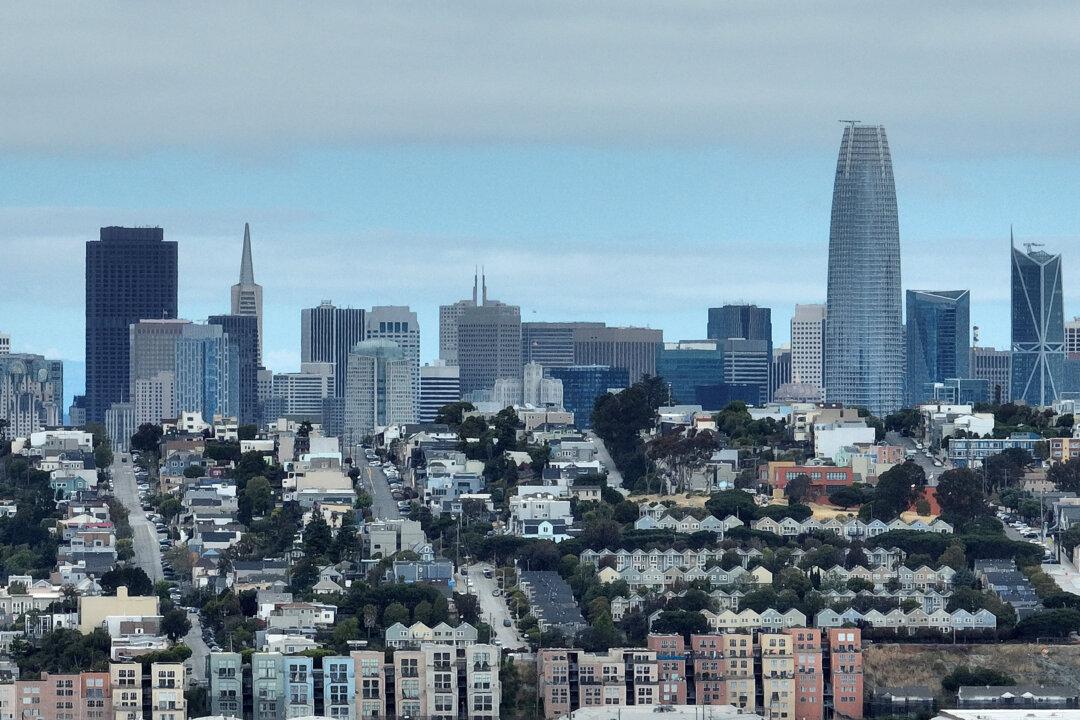The current campaign to recall California Governor Gavin Newsom is indeed a very real and serious campaign to oust a sitting governor, and Governor Newsom knows this more than anyone.
This is only the fourth gubernatorial campaign in U.S. history that has successfully gathered enough signatures to qualify for a recall election. Only two governors have ever been successfully recalled. In 1921, Governor Lynn Frazier of North Dakota was recalled; and in 2003, Governor Gray Davis of California was recalled. The third recall campaign to go to the ballot was defeated by Governor Scott Walker of Wisconsin in 2012.





